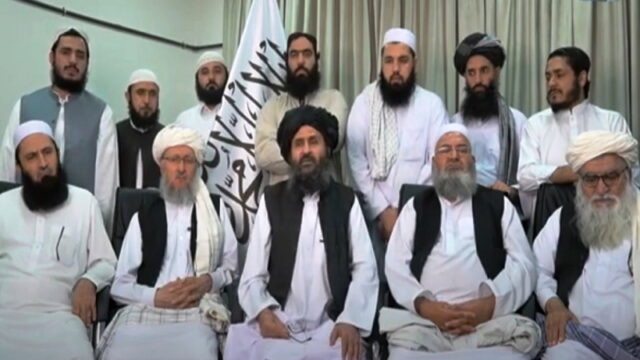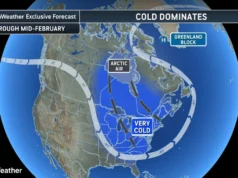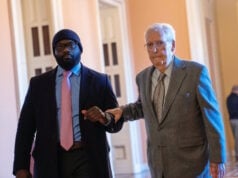
The Taliban’s August takeover of Afghanistan has prompted 9/11 plaintiffs to ask the Federal Reserve of New York to seize that government’s assets to satisfy a $7-billion judgment assessed against the Taliban for its previous government-sponsored acts of terrorism and support for al Qaeda that resulted in “murder and mayhem” on 9/11.
The plaintiffs won default judgments in December 2011 against the Taliban, Osama bin Laden and other “non-sovereign” defendants who did not contest lawsuits against them. At the time, the Taliban was out of power. The judgments in favor of the “Havlish” plaintiffs were approved by New York U.S. District Judge George B. Daniels, presiding judge in the massive civil suit whose principal defendant is Saudi Arabia. The Havlish case, titled in the name of insurance company executive Donald George Havlish Jr. who died in the South Tower of the World Trade Center, is one of dozens of individual lawsuits consolidated before Judge Daniels.
The plaintiffs’ writ of execution served by the U.S. Marshals Service on the Federal Reserve on Sept. 13 says that because the Taliban – “AKA the Islamic Emirate of Afghanistan” – now “claims ownership of, and control over, all property” belonging to the former government, the judgment “can now be enforced against any and all assets belonging to the government of Afghanistan.” That includes assets held by the Federal Reserve “in the name, for the benefit, or on the account of Da Afghanistan Bank,’’ the central bank of Afghanistan.
Republished with permission[/vc_message]
Disclaimer
The information contained in South Florida Reporter is for general information purposes only.
The South Florida Reporter assumes no responsibility for errors or omissions in the contents of the Service.
In no event shall the South Florida Reporter be liable for any special, direct, indirect, consequential, or incidental damages or any damages whatsoever, whether in an action of contract, negligence or other tort, arising out of or in connection with the use of the Service or the contents of the Service.
The Company reserves the right to make additions, deletions, or modifications to the contents of the Service at any time without prior notice.
The Company does not warrant that the Service is free of viruses or other harmful components












